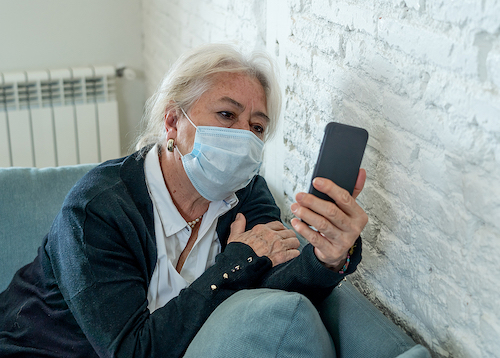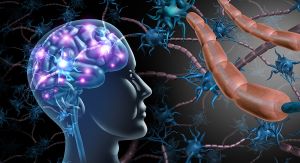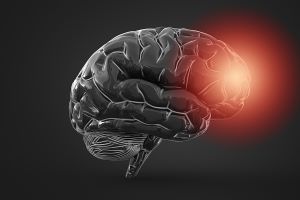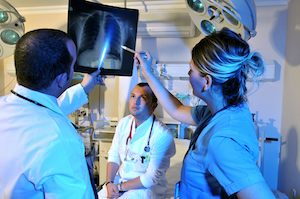November 30, 2020
by Elizabeth Pratt

Throughout the COVID-19 pandemic, many people have experienced feelings of social isolation. For some, interaction with others has been confined to a zoom call, for others there hasn’t been any interaction at all. Now, researchers at MIT have found that the longing for social interaction felt whilst isolated is neurologically similar to that for food cravings when hungry.
[More]
November 27, 2020
by Tina Arnoldi

The common perception is that introverts are thriving from the pandemic lockdown from the pandemic. No longer are they required to go to events and regularly interact with other people since distancing is now required. But a recent study of 2,000 Americans found that introverts experienced more loneliness than extraverts during this time and do not take the initiative to interact with others.
[More]
November 27, 2020
by Elizabeth Pratt

During a global pandemic, many essential workers have been hailed as heroes.
Some are uncomfortable with the title, but there’s a certain group who especially love being viewed in this way. Narcissists.
[More]
November 24, 2020
by Elizabeth Pratt

When it comes to overall wellbeing, how a person uses social media could have a significant impact.
In a study from The University of British Columbia, Derrick Wirtz, an associate professor of teaching in psychology examined the use of three popular social media platforms: Facebook, Twitter and Instagram, to see how the use of the platforms impacted the overall wellbeing of a person.
[More]
November 24, 2020
by Patricia Tomasi

A new study published in the Journal of Nature Communications looked at social cues and the b
[More]
November 20, 2020
by Tina Arnoldi

New research in the September 2020 issue of Personality and Individual Differences lists 40 reasons people have trouble making friends. The most important factors included “Lack of time” and “Introversion”. I asked experts to share their thoughts on how people can overcome these barriers to making friends.
[More]
November 17, 2020
by Patricia Tomasi

A new study published in the Proceedings of the National Academy of Sciences of the United States of America looked at the brain and impulsiveness. “In this study we investigated how the locus coeruleus (LC), the main source of norepinephrine (NE) in the brain, regulates attention and impulsivity,” study author Andrea Bari told us. “These cognitive functions are essential in everyday life and found to be impaired to various degrees in several pathologies, most prominently in children with attention deficit / hyperactivity disorder (ADHD).”
[More]
There is a theory called “loss aversion”. Not every one agrees with this theory or, necessarily, believes that loss aversion is entirely to blame when one feels the sting of loss. Put simply, humans pay more attention to “losses” than to “wins”. In fact, each of these responses affect both brain and body.There are facts as well as speculation on the origin of this phenomenon.
[More]
November 13, 2020
by Tina Arnoldi

A new study in Entrepreneurship Theory and Practice suggests that problems with sleep quality (and potentially quantity) predict forward-looking entrepreneurial intentions. Lack of sleep may result in shifting attention spans and hyperactivity - both behaviors of ADHD. The hypothesis is these behaviors are connected to an increase in entrepreneurial activity.
[More]
November 10, 2020
by Patricia Tomasi

A new study published in the BMJ Open looked at the need for recovery amongst emergency physicians in the UK and Ireland. “Our study is about using a tool called the Need for Recovery scale (NFR) to understand the physical and psychological impact of shift work in emergency departments in the UK and Ireland,” study author Laura Cottey told us.
[More]